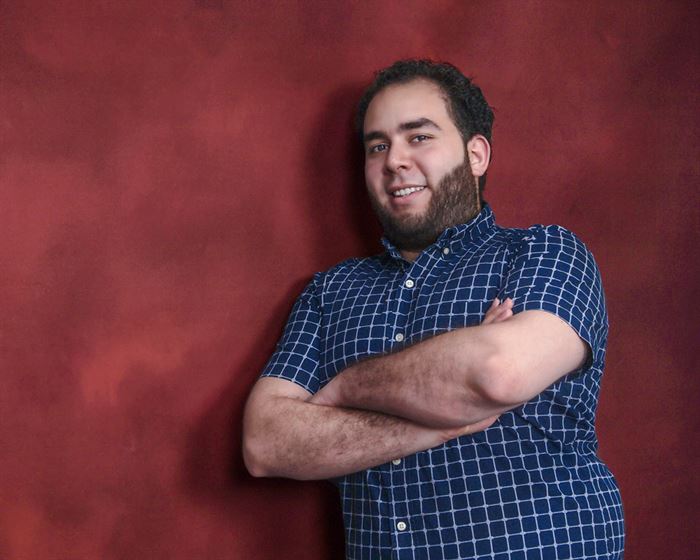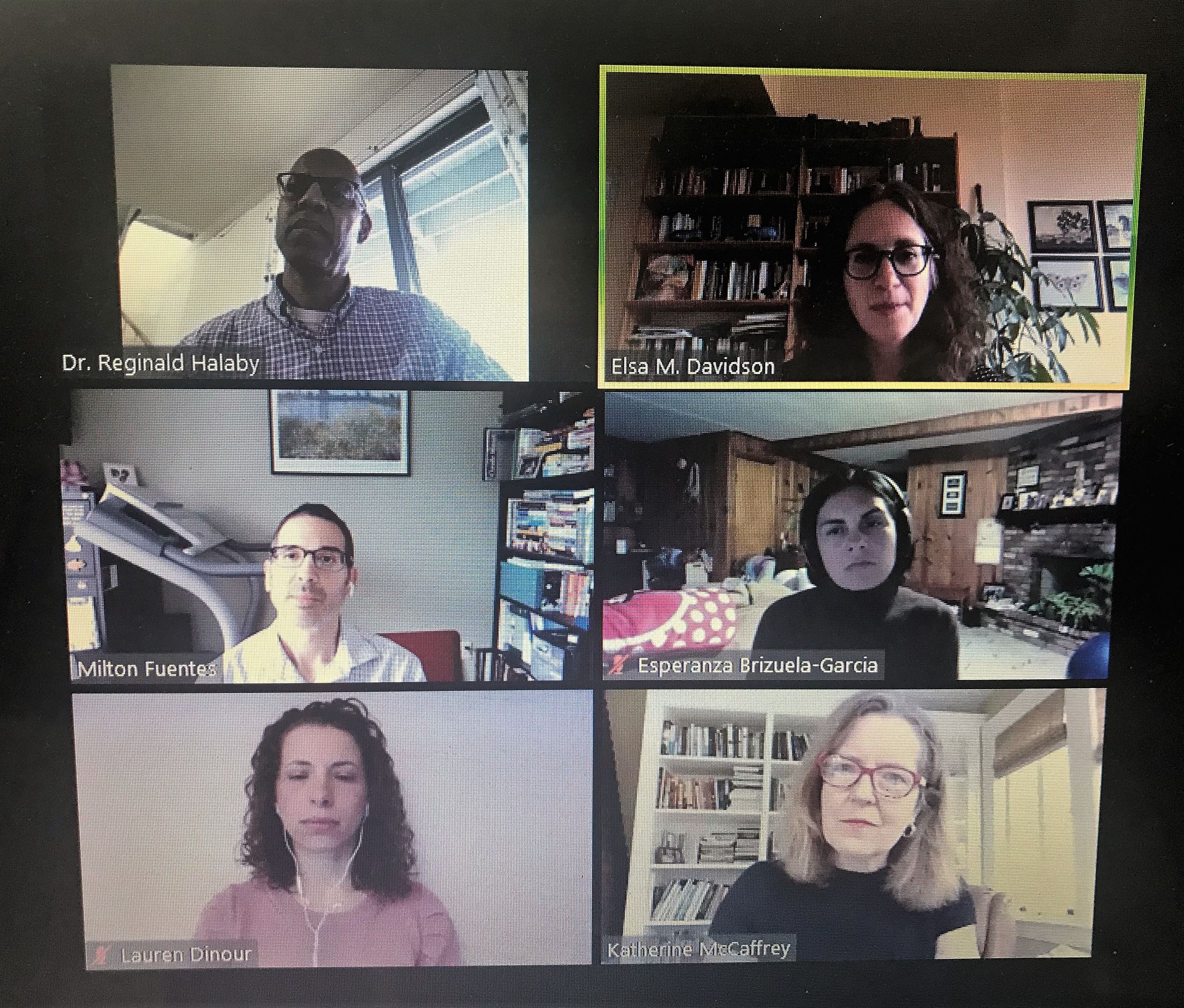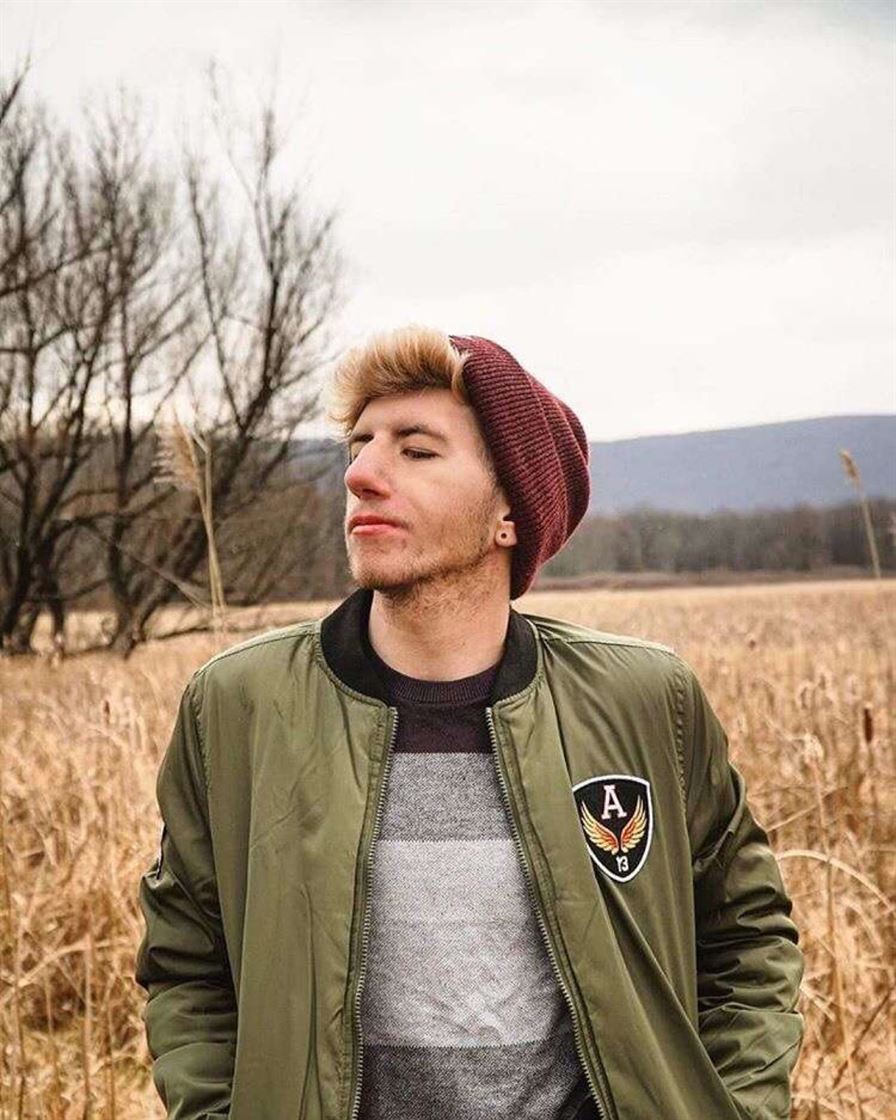The beginning of an ongoing dialogue called “Coronversations” had a small group of panelists talking about the impact that the COVID-19 pandemic has had on them and their teaching at Montclair State University. The live webinar was held on Friday, May 8 and was organized by Katherine McCaffrey, Todd Kelshaw and David Trubatch.
“Coronversations” is a discussion board intended to enable engagement among the university community in conversations that address the effects and challenges of the COVID-19 pandemic. It also addresses the breaking discipline-focused silos and generating the energy of the university’s public purpose during a crucial moment of need.
To start the webinar Katherine McCaffrey, an associate professor of anthropology, asked: “How have we managed in these circumstances? What has worked? What hasn’t?”
Esperanza Brizuela-Garcia, an associate professor of history, expressed her feelings toward the question and her experience during this uncertain time.
“I feel like our reactive capacity has been maybe up to the task but our reflective capacity hasn’t quite been there,” Brizuela-Garcia said. “To some extent, that’s why it’s nice to have this conversation because that’s exactly what we’re trying to cultivate and exercise.”
Milton Fuentes, a psychology professor, believes the university managed well especially with Information Technology constantly being available and responsive. Fuentes mentioned, though, the students’ and faculty’s inability to transition from an on-campus environment to a virtual environment didn’t work well.
“In terms of what’s not going well, is the amount of anxiety that folks are feeling,” Fuentes said. “Some students got compromised by our transition.”
One of the most difficult challenges for these professors is not having face-to-face interaction and connection with their students.
Dr. Reginald Halaby, a biology professor, expressed his feelings toward the almost immediate adaption to online learning.
“When you have that face-to-face class, we can see by their body language if the student is not getting a particular concept so that has been a big challenge,” Halaby said.

Jorge Lopez believes that online learning is manageable as long as the professor is able to handle it.
Photo courtesy of Jorge Lopez
Jorge Lopez, a senior linguistics major, mentioned how he was still able to learn in his classes but some professors didn’t do a good job at handling the transition.
“I don’t dislike Zoom but Zoom is only as good as the professor using it,” Lopez said.
Lauren Dinour, an associate professor in nutrition and food studies, understands that from a student’s perspective, there will always be students who learn best one way versus another. Dinour, along with others, does the best they can to help their students succeed.
“I speak for myself but I think I can speak for all of us when I say that we have been working hard for our students,” Dinour said. “I think it shows how much we care about our students and their success. We’ve had a huge transition in a matter of two weeks or less to make sure that they graduate or they finish their semester without any interruptions.”
Austin Halls, a senior psychology major, mentioned how hard it’s been to get into work mode since the transition to online learning.
“It’s not the worst option but I would rather be in the classroom in a learning environment,” Halls said.
A leading question that McCaffrey asked during the panel was: “What were the inequities that have been revealed during this pandemic?”
For that question, Brizuela-Garcia addressed the importance of some school districts being able to provide each student with an iPad or laptop while other districts can’t provide internet for all their students.
“Given not just the limitations that we as educators might see in terms of how it delivers knowledge in this specific discipline but also in terms of the difference in students that we approach,” Brizuela-Garcia said.
Another question McCaffrey asked the panelists was: “What will be our new normal?”
Halaby expressed how the future is still uncertain.
“I think that the new normal is very unpredictable. I think that is also going to be causing some additional anxiety and stress for people,” Halaby said. “One of the best things that we could do is to try to take care of ourselves and use this extra time that we have with family.”
The last question McCaffrey had for the panelists was: “What is one key lesson that might inform our new normal?”
Elsa Davidson, an associate professor in anthropology, expressed how she has been feeling during this time of uncertainty.
“In the midst of incredible suffering, I am witnessing an amazing solidarity with others that really feels different than before,” Davidson said.
“Coronversations” is open to the university community and the public. They have a Canvas page that anyone can join to participate and read the discussion board.
McCaffrey encourages all students and faculty to join the conversation, sharing the platform experience with each other.
“We would love for ‘Coronversations’ to be a resource for all of us to create a forum where we can share and engage in intellectual and social interactions and to really sort of collectively process this global pandemic that we’re all experiencing,” McCaffrey said.




